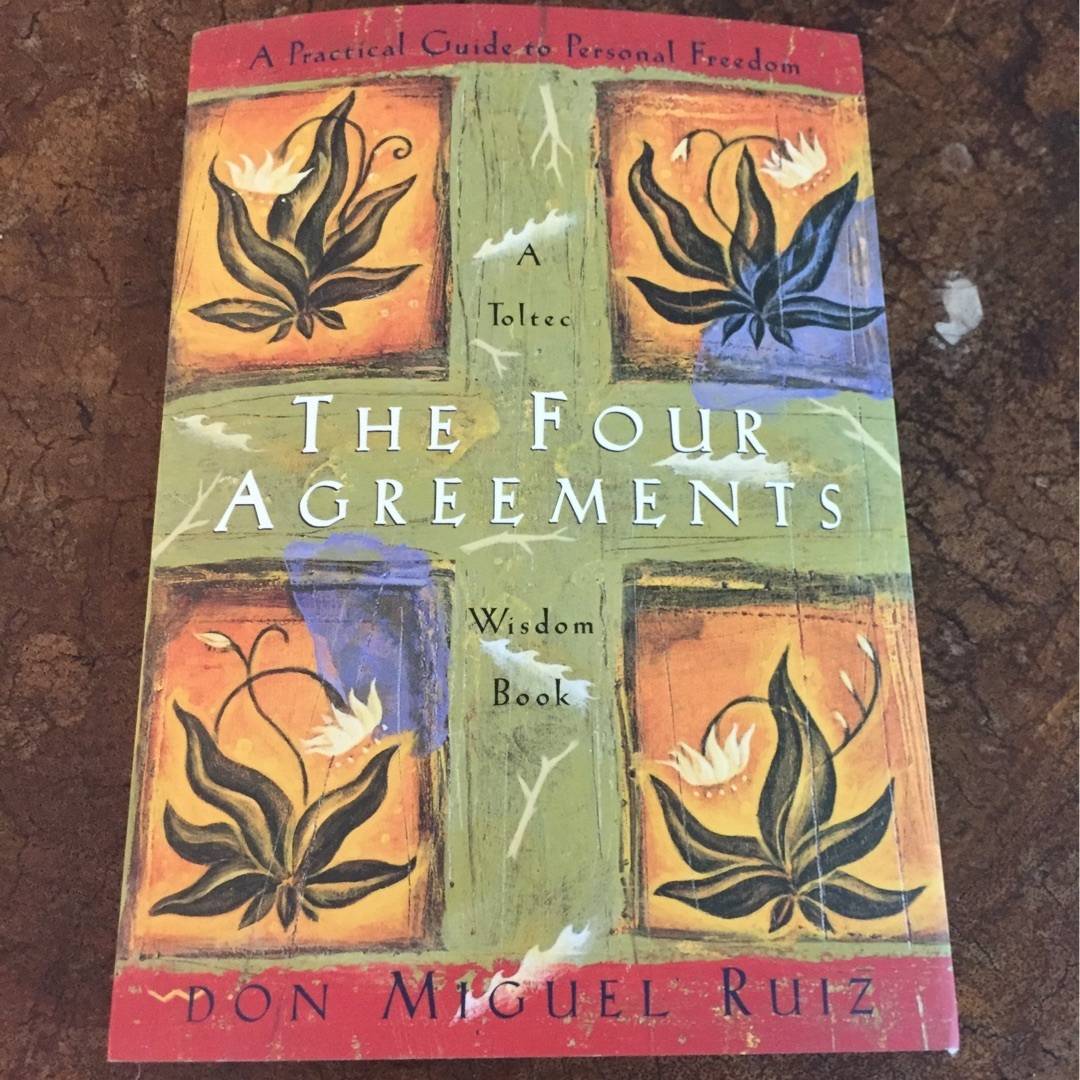We’re excited to offer the first of Eric Burnham’s five-part series based on “The Four Agreements,” by bestselling author Don Miguel Ruiz. In the book, Ruiz reveals the source of self-limiting beliefs that rob us of joy and create needless suffering. Based on ancient Toltec wisdom, The Four Agreements offer a powerful code of conduct that can rapidly transform our lives to a new experience of freedom, true happiness, and love.
Emotional discomfort is, well, uncomfortable, but unfortunately, it’s inevitable in this beautiful and broken world. However, much of our emotional discomfort is needlessly self-induced. Nobody enjoys the anxiety and restlessness that comes with being artificial and incongruent. Granted, some people’s words and actions are artificial and incongruent on purpose; these people use deception and manipulation to meet their needs — and they often feel a certain satisfaction in the turmoil and tension they leave in their wake. Yet, most of us are not so diabolical. The majority of people — even those of us who are incarcerated — want to be authentic and congruent, but it’s not always as easy as it sounds.
Let’s define some terms. What does it mean to be artificial? The word “artificial” means “a cheap or inauthentic substitute.” It’s a fancy, four-syllable word for “fake.” So, to be artificial means to be fake, to hide the real you away and put on a mask.
There are many reasons why people conceal themselves or their intentions. Some simply lack the courage to be authentic; while others don’t know how to be real. Still others have been incongruent for so long that they are ashamed of themselves, so they use masks to insulate themselves from the pain. Over time, conveying an artificial self creates a cognitive structure vulnerable to incongruence. That is, artificial behaviors establish mental and emotional patterns that lead to an automatic response of incongruency.
Congruency refers to two things being the same in shape, form, or length. When a person is incongruent, his or her actions do not line up with his or her beliefs, values, or worldview. And when behaviors constantly fail to align with personal beliefs and values, dissonance will inevitably result — that is, incongruency tears a person apart, leaving him or her with a profoundly negative self-concept. If a person believes an action is wrong but continues to do it anyway, or if a person believes an action is right but fails to act, shame will ensue. The incongruent person experiences incredible self-doubt, debilitating self-hatred, and eventually long-term emotional dysfunction. Human beings were designed to be expressive, genuine, and free, but incongruence staunches the flow of the unique self, limits emotional expression, and chokes the spirit, which leads to anxiety, restlessness, and even depression.
However, it doesn’t have to be this way. Four simple agreements made with oneself can change everything. Yet, once made, these agreements must be adhered to in order to be effective — it requires commitment. Of course, everyone stumbles from time-to-time, especially early on, but a committed person does not wallow in defeat. A committed person gets back up, brushes the dust off, and begins again, stronger each time. A committed person perseveres.
These four simple agreements have the power to transform a person’s life.
- Be Impeccable With Your Word
- Don’t Take Anything Personally
- Don’t Make Assumptions
- Always Do Your Best
These four little agreements are simple, but they are not easy. Let’s take a deeper look at each one. To be continued…






God bless you, Eric Burnham. You are such a gift from God into this crazy world. You have help lots of people you might even notice it. At least one person right here have been saved from a bad day because of your letters on this blog. Thank you, Eric Burnham.